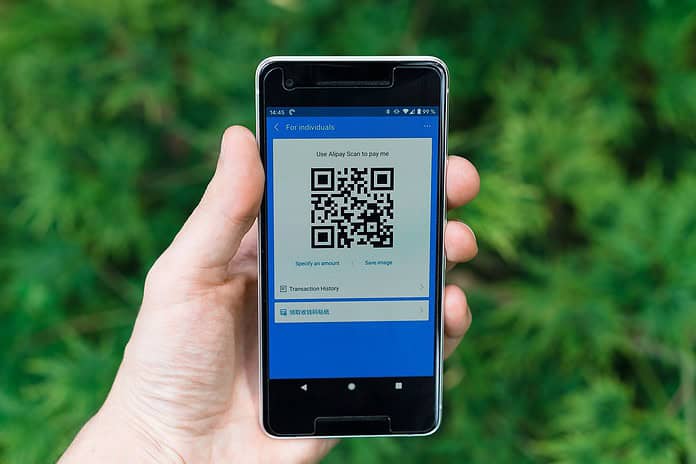Last Updated on October 26, 2024 by The Health Master
QR Codes
In a bid to protect cancer patients from the grave dangers of counterfeit medications, the Indian government is set to implement a groundbreaking measure. The government is proposing to make Quick Response codes (QR codes) mandatory on all anti-cancer drugs.
This move aims to prevent the refilling of expensive anti-cancer drugs with counterfeit substances, a practice that has come to light in recent incidents.
The Proposal and Its Implications
The proposal was thoroughly discussed and approved by the Drugs Technical Advisory Board (DTAB), India’s highest advisory body on drugs.
The implementation of this measure would require an amendment to Schedule H2 of Drugs Rules, 1945, and is expected to be submitted to the health ministry soon.
The Threat of Counterfeit Anti-Cancer Drugs
Investigations have revealed that unscrupulous individuals and hospital pharmacies have been involved in refilling empty vials of expensive anti-cancer medicines with counterfeit drugs.
These counterfeit drugs are then mixed with genuine stocks and sold to unsuspecting cancer patients, putting their lives at risk.
The Role of QR Codes in Combating Counterfeits
The DTAB has emphasized the need for strict directives to implement mandatory QR codes and rigorous track and trace mechanisms on every vial and strip of anti-cancer medication marketed in India.
QR codes would provide a unique identifier for each drug, allowing for easy verification of its authenticity.
Expanding QR Code Mandates to All Anti-Cancer Drugs
In response to the growing threat of counterfeit drugs, the DTAB has agreed to amend Schedule H2 of Drugs Rules, 1945, to include all anti-cancer medicines.
This would ensure that all anti-cancer drugs sold in India are equipped with QR codes.
Previous Steps to Address Counterfeit Drugs
To combat the issue of counterfeit drugs, the Indian regulator had previously made it mandatory for companies to have barcodes on the top 300 brands of drugs.
This allowed for information such as manufacturing license and batch number to be accessed through scanning.
The top 300 brands included commonly used analgesics, pain relievers, anti-platelet agents, vitamin supplements, blood-sugar lowering medicines, and contraceptive tablets.
Government’s Commitment to Drug Authenticity
The government has been actively working to introduce QR codes since 2011, demonstrating its commitment to ensuring the authenticity of drugs and enabling effective tracing.
By making QR codes mandatory on all anti-cancer drugs, the government aims to significantly reduce the prevalence of counterfeit medications and protect the health and well-being of cancer patients.
Disclaimer: This article contains information derived from the source mentioned below. Our team utilized an AI language model to rewrite and present the news or article in a unique format.
QR Code Mandate: Pharma Industry calls for Financial Support
DTAB advocates Bar Codes and QR Codes on Vaccine Products
Bar code or QR code for 300 brands: Govt notifies these drugs under Schedule H2
Pharma Industry to Ministry: Launch portal for QR codes for top 300 drug brands
Bar code or QR code: Govt issues draft Rule to mandate on label of drugs
Need for Regulatory Reforms to improve contraceptive access and workforce participation
USFDA approval granted for Lamotrigine Extended-Release Tablets USP
Nutraceutical Industry seeks separate Regulatory Agency
Boosting Drug Regulatory Efficiency: DCC recommends for Training and Development
CDSCO Gains Global Recognition: Milestone for Indian Medical Device Industry
USFDA approval granted for Cephalexin tablets
DCC: A Call for Safe and Responsible Drug Disposal
FSSAI: Food Labelling and Display – Chapter-10
USFDA issues positive EIR to Alembic for Panelav facility
USFDA approval granted for Paliperidone extended-release Tablets








